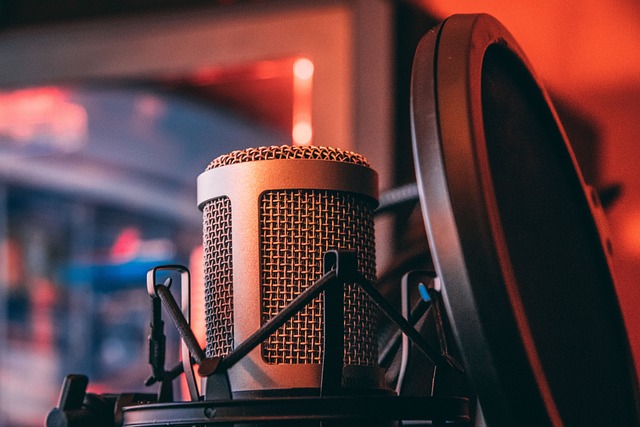AI websites for music production have transformed creativity by generating original content based on user input like genre, mood, and instrumentation. These tools excel in sound manipulation, offering advanced audio effects, noise reduction, and dynamic leveling. The best platforms prioritize user-friendliness and seamless integration with existing workflows for a smooth transition to AI-assisted production. They also provide versatility for composing tracks, generating melodies, or enhancing mixed audio, contributing to the evolution of music production through AI technology.
In the dynamic landscape of music production, Artificial Intelligence (AI) tools are transforming the creative process. This blog dives into the world of AI websites for music production, comparing their key features, capabilities, and user experiences. From automatic beat generation to advanced audio editing, these tools offer unprecedented possibilities. We explore industry applications, highlighting how they’re revolutionizing everything from indie projects to major studio productions. Get ready to discover the future of music crafting.
Key Features and Capabilities of AI Music Tools

AI websites for music production have transformed the way musicians and producers create and collaborate on music. These cutting-edge tools offer a range of key features and capabilities that set them apart from traditional software. One of the most significant advantages is their ability to generate original music content, from melodies to full compositions, based on user input and preferences. This includes parameters like genre, mood, and instrumentation, allowing for endless creative possibilities.
Additionally, AI music tools excel in sound manipulation and enhancement. They can analyze existing tracks, suggest improvements, or even automate repetitive tasks like noise reduction and dynamic leveling. Many platforms also incorporate advanced audio effects, such as virtual instruments and artificial intelligence-driven sound design, enabling users to achieve professional-grade results without extensive experience. These capabilities make ai music production tools accessible to a broader audience, fostering innovation and creativity across the industry.
Comparing User Experience and Industry Applications

When comparing AI music tools for music production, one key aspect to consider is the user experience they offer. The best AI websites for music production provide intuitive interfaces that are easy to navigate, even for users new to AI technology. They should allow for seamless integration with existing workflows and software, ensuring a smooth transition from traditional methods to AI-assisted production.
Additionally, these tools must cater to various industry applications. Whether it’s composing original tracks, generating melodies, or enhancing mixed audio, the AI music tool should be versatile and adaptable. By examining real-world use cases and industry trends, we can gauge how effectively each tool serves professional music producers and contributes to the overall evolution of music production using AI technology.
In conclusion, the evolution of AI music tools has significantly transformed the landscape of music production. These advanced websites offer a range of key features tailored to meet diverse industry needs. Through this comparison, we’ve highlighted how user experience varies among these innovations, each with its unique capabilities. As the music production industry continues to embrace technology, AI-powered tools are set to revolutionize creative processes, making music production more accessible and efficient than ever before.
